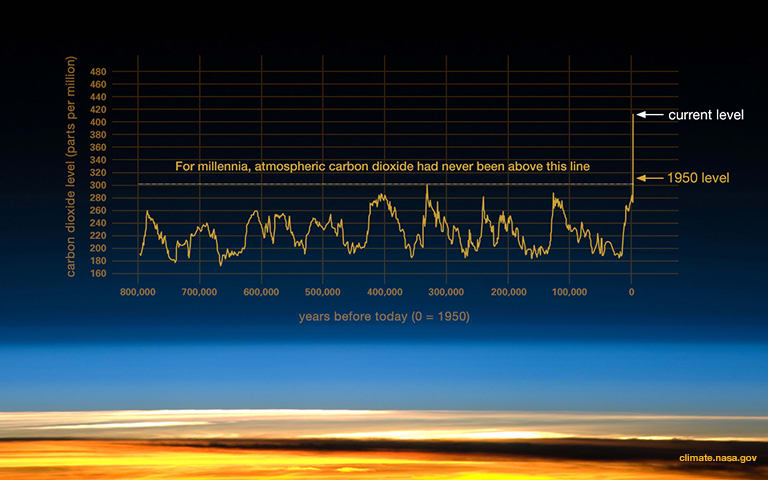is there any (other) field where the science is "settled" ?
Is there any field of scientific investigation where new results don't answer some questions, but raise new ones ? where we learn something new ?
The answer is of course not. We live in a world where science is expected to answer all questions, with rock solid certainty. Especially when we're being asked to make very large sacrifices, so the science needs to be "settled". Uncertainty would mean "why are we spending so much, and maybe not getting any significant return ?"
We live in a world of sound bites and slogans, where new discoveries are met with "they were Wrong !"
"Hoffen wir mal, dass alles gut geht !"
General Paulus, Nov 1942, outside Stalingrad after the launch of Operation Uranus.
Is there any field of scientific investigation where new results don't answer some questions, but raise new ones ? where we learn something new ?
The answer is of course not. We live in a world where science is expected to answer all questions, with rock solid certainty. Especially when we're being asked to make very large sacrifices, so the science needs to be "settled". Uncertainty would mean "why are we spending so much, and maybe not getting any significant return ?"
We live in a world of sound bites and slogans, where new discoveries are met with "they were Wrong !"
"Hoffen wir mal, dass alles gut geht !"
General Paulus, Nov 1942, outside Stalingrad after the launch of Operation Uranus.

